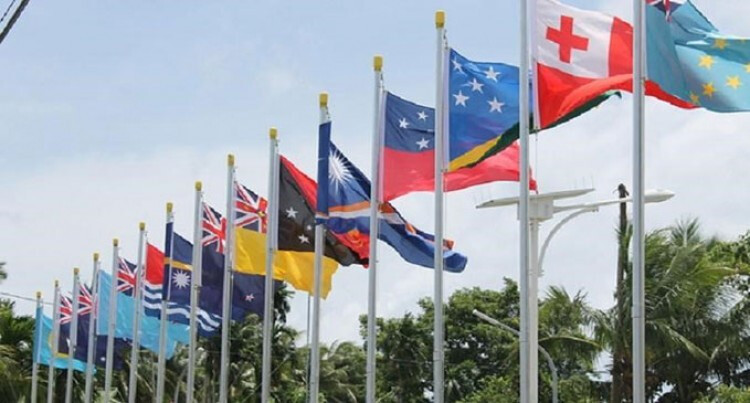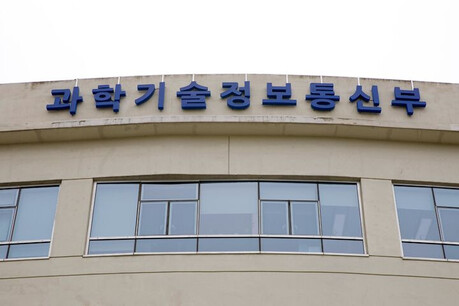
Nationals leader David Littleproud has declared that a future Coalition government would actively encourage Pacific Island nations to adopt a more forceful approach in addressing China's climate policies. Mr. Littleproud suggested that these island nations possess considerable leverage over Beijing, which they should utilize more effectively to push for emissions reductions.
Speaking to the Australian Broadcasting Corporation (ABC), Mr. Littleproud stated, "We need to work with the Pacific to understand their power in leveraging countries like China in reducing their emissions." He emphasized the significant impact this could have, given that "one of the biggest emitters [in the world] is China," and that the primary threat to Pacific nations is rising sea levels.
These remarks are anticipated to garner significant attention within the Pacific region, where political figures and officials are closely observing the Australian federal election. Mr. Littleproud's comments follow Opposition Leader Peter Dutton's recent dismissal of Labor's plan to co-host a major United Nations climate conference with Pacific nations as "madness."
The Coalition has defended its climate policies by emphasizing a focus on "practical" solutions to assist Pacific nations in应对 climate change. Mr. Littleproud reiterated this stance, asserting that the Coalition aims for "practical outcomes" rather than initiatives like co-hosting COP31. He also highlighted the need to balance Australia's commitments to the Pacific with the domestic "cost of living crisis."
However, the Coalition's position has drawn criticism. Tim Buckley, a director at Clean Energy Finance, labeled Mr. Littleproud's focus on China as "misdirection." He argued that Australia, having recently altered its own emissions reduction targets, should refrain from advising Pacific nations on climate matters. Mr. Buckley pointed out China's substantial investments in clean energy technologies alongside its coal consumption.
Mr. Littleproud's remarks echo previous sentiments from some Australian officials who have privately noted the Pacific's more intense scrutiny of Australia's climate policies compared to China's. In contrast, Pacific leaders maintain that Australia, as an integral member of the Pacific Islands Forum, bears a particular responsibility to reduce its emissions.
Notably, last year, Papua New Guinea's Foreign Minister, Justin Tkatchenko, announced the nation's withdrawal from COP, citing "empty promises and inaction" from major polluters. Several Pacific leaders have also raised climate change concerns in discussions with senior Chinese officials.
While the Pacific region has not been a central theme in the current Australian election campaign, both major parties have been actively seeking to strengthen their standing in the area amidst what Foreign Minister Penny Wong has described as an ongoing strategic competition with China. Labor has criticized Mr. Dutton's past record on Pacific issues, referencing a 2015 joke about rising sea levels.
The Coalition maintains its commitment to achieving net-zero emissions by 2050, suggesting that nuclear power will be essential to reaching this goal. Australia's bid to co-host the COP31 climate summit remains uncertain due to Türkiye's ongoing candidacy.
In conclusion, the Coalition's proposed approach signals a potential shift in Australia's engagement with Pacific nations on climate change, emphasizing a more direct and assertive stance towards China's role in global emissions. This strategy is likely to be closely scrutinized both domestically and within the Pacific region as the Australian election unfolds.
[Copyright (c) Global Economic Times. All Rights Reserved.]






























